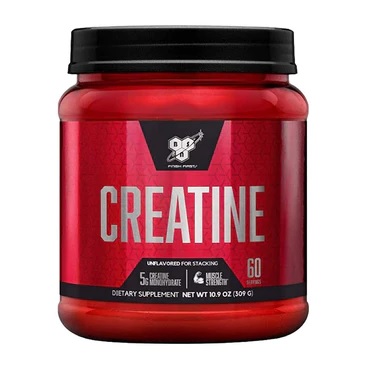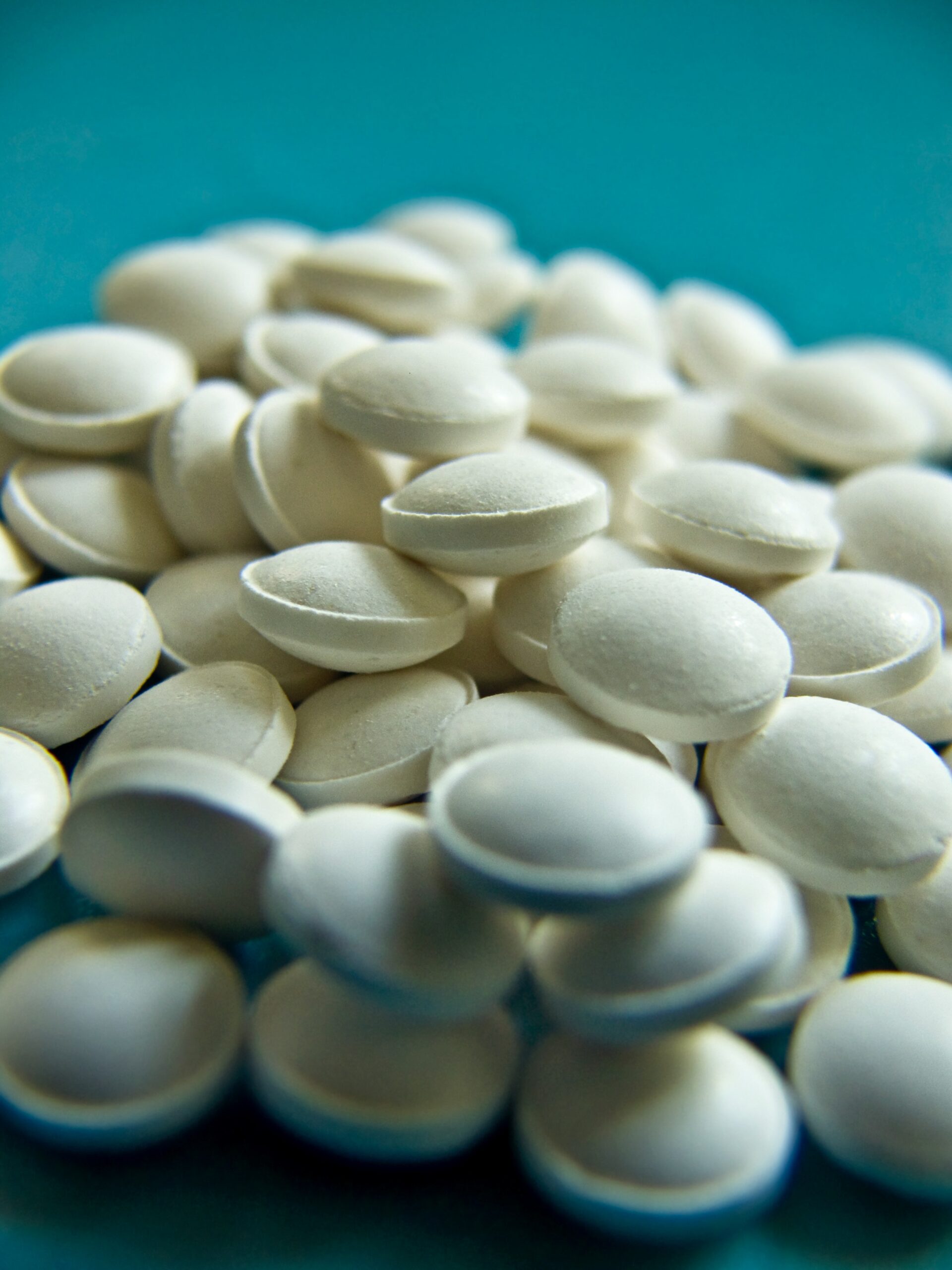In the ever-evolving landscape of fitness and supplementation, few topics spark as much intrigue and debate as if creatine causes weight gain.
For those on a journey to sculpt their dream physique, or even those just looking to maintain a healthy lifestyle, the idea of adding a supplement that might tip the scales in the wrong direction can be a daunting prospect.
But fear not, for this blog post is here to shed light on the intricacies of creatine, exploring whether it’s a friend or foe when it comes to the numbers on the scale.
- Vitamin D Shocking Benefits For Mental Health
- Will Getting Enough Vitamin D Help With Sleeping?
- Does Vitamin D Supplements Boost Testosterone
Join us on a quest to demystify the relationship between this popular supplement and weight, armed with science, facts, and a better understanding of how creatine interacts with your body’s composition and performance.
Does Creatine Make You Gain Weight?
The question of whether creatine causes weight gain is a common and valid concern, particularly among those who are meticulous about their body composition and fitness goals. Let’s delve into this topic and uncover the nuanced relationship between creatine and the numbers on the scale.
The Basics: What Is Creatine?
Creatine is a naturally occurring compound found in small amounts in various foods, with higher concentrations in meat and fish. It’s a crucial component in the body’s energy production, particularly during short bursts of high-intensity activities.
The Weight Gain Dilemma
Creatine has garnered a reputation for causing weight gain, but it’s essential to clarify the nature of this gain. When individuals start supplementing with creatine, they often experience an initial increase in weight. This is due to creatine’s ability to draw more water into muscle cells, leading to improved hydration and increased muscle volume. For many, this water weight can be misinterpreted as fat gain, which isn’t the case.
Water Weight vs. Muscle Gain
The initial weight increase from creatine is generally temporary, and it primarily stems from the improved water balance within muscles. It’s a sign that creatine is working effectively to boost your performance, as well as your muscles’ ability to recover and adapt to training. In fact, it’s the result of creatine’s muscle-building benefits. Over time, as your body adjusts to this new state of hydration, the initial water weight gain often stabilizes.
True Muscle Gains
It’s important to understand that the temporary water weight gain is distinct from genuine muscle gain. Over time, with consistent resistance training and a proper nutrition plan, creatine can indeed contribute to building lean muscle mass. This process is a result of your workouts and dietary choices, not just creatine alone.
Individual Responses Vary
It’s worth noting that individual responses to creatine differ. Some people may experience a more noticeable initial weight gain due to water retention, while others might not see a significant change. The key is to focus on long-term results and consider factors beyond the scale, such as improved strength, endurance, and overall performance. Shop raw supplements, bulk discount, lab tested 5% off here!
In conclusion, creatine can cause an initial increase in weight due to enhanced water retention within muscle cells, but this is not fat gain. Over time, it can contribute to genuine muscle growth when combined with consistent training and a balanced diet. So, while creatine may tip the scales temporarily, it can ultimately be a valuable ally in your fitness journey, helping you build a stronger, leaner physique.

Buy Creatine Online
We Have Some Of The Best Creatine Out There!
Come have a look what types of creatine we have? Shop the best creatine! We have found the best deals! Or please feel free to read more about the many benefits of creatine on site.


